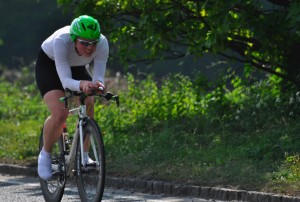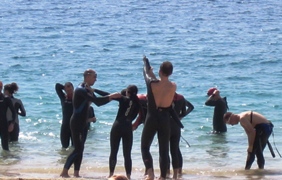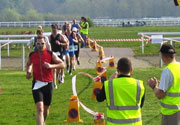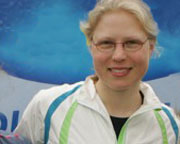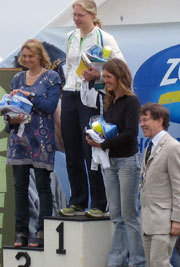 I love racing. After all, this is why I do this sport. But if you race lots it tends to disrupt your training somewhat. So after two Olympic distance triathlons on consecutive weekends, I felt very ready to tackle my next big block of training towards Kona. 3 weeks of uninterrupted swimming, biking, and running until my arms and legs were ready to fall off. Then recover, and race again to test the state of affairs. I can’t even begin to explain how much I was looking forward to this.
I love racing. After all, this is why I do this sport. But if you race lots it tends to disrupt your training somewhat. So after two Olympic distance triathlons on consecutive weekends, I felt very ready to tackle my next big block of training towards Kona. 3 weeks of uninterrupted swimming, biking, and running until my arms and legs were ready to fall off. Then recover, and race again to test the state of affairs. I can’t even begin to explain how much I was looking forward to this.
And it’s exactly what I did. Ticking off the sessions on the plan, and ready to push my body and mind further in every session.

